Welcome to RADcamp 2023 - The New York City Edition
Part I - Wet lab (3RAD protocol)
May 12-13th 2023
Part II - Bioinformatics (ipyrad)
June 11-12th 2023
Schermerhorn Extension Building Room 1010
Columbia University
New York City
Summary
This two-part workshop is designed to guide participants through a full RADseq pilot study.
Part I of the workshop is an interactive 2-day wet-lab workshop where attendees will be guided through a RADseq DNA library preparation (3RAD). Participants will have the option of bringing 25-35 of their own extracted DNA samples that can be used in the workshop to develop pilot data for their research. In addition to demonstrating and generating 3RAD libraries, we will introduce RADseq methods, explain common pitfalls and focus on ways to increase data quality and reduce missing data while reducing costs compared to other protocols. At the end of the first weekend the libraries will be pooled and sent for paired-end Illumina sequencing to generate ~1M reads per sample. The best part is that the sequencing cost will be completely subsidized (free!). One month later we will meet again to analyze these data.
In Part II of this workshop, we will introduce RADseq assembly, phylogenetic and population genetic methods, high performance computing, basic unix command line and python programming, and jupyter notebooks to promote reproducible science. We will introduce ipyrad, a unified and self-contained RAD-seq assembly and analysis framework, which emphasizes simplicity, performance, and reproducibility. We will proceed through all the steps necessary to assemble the RAD-seq data generated in Part I of the workshop. We will introduce both the command line interface, as this is typically used in high performance computing settings, and the ipython/jupyter notebook API, which allows researchers to generate documented and easily reproducible workflows. Additionally, we will mentor participants in using the ipyrad.analysis API which provides a powerful, simple, and reproducible interface to several widely used methods for inferring phylogenetic relationships, population structure, and admixture. Participants can give a short research talk on the first day of this session.
This workshop is intended as a bootcamp for early career students, post-docs, or faculty to learn best practices that they can then help to disseminate to the broader community. The opportunity to learn while generating and analyzing real data is a bonus that we hope will accelerate the learning process, particularly for early stage students who can use the pilot data for their thesis research. This workshop is geared toward practicing field biologists without RADseq data for their system and with little or no computational experience. We encourage all scientists to submit their application. We especially welcome women and under-represented minorities and early stage students, or early-career faculty with the potential to pass on skills to large groups.
This was made possible through generous funding from the American Genetics Association, E3B Department at Columbia University, and Maine Center for Genetics in the Environment at University of Maine.
Organisers, Instructors, and Facilitators
- Deren Eaton (Columbia)
- Isaac Overcast (UMaine)
- Sandra Hoffberg (Code Ocean)
- Natalia Bayona Vasquez (Emory University)
- Edgar Benavides (Columbia University)
Application/Registration
Applications for RADCamp NYC 2023 are now closed!
Please contact us at radcamp.nyc@gmail.com with any questions.
Wet Lab (3RAD) Schedule
| Times | Day 1 | Day 2 |
|---|---|---|
| 8:30-9:00 | Check-in and refreshments | Check-in and refreshments |
| 9:00-12:30 | Lecture | Library amplification |
| 12:30-13:45 | Lunch | Lunch |
| 13:45-18:00 | Digestion, Ligation, Clean up | Clean up and QC |
| 18:00-20:00 | Casual evening | Code Ocean Networking dinner |
3RAD resources
- Inner barcode sequences in ipyrad format
- Adapter Info for ordering
- How to resuspend adapters
- How to resuspend i5 and i7 primers
- Index diversity calculator
- Homemade speedbeads
Additionally these files may be found in the RADCamp Part I google drive:
- i7 and inner barcodes used during workshop
- Find the i5/i7 index sequence from the name
- BadDNA order form with index sequences
- Full 3RAD protocol for plates
- Library pooling guide
Bioinformatics (ipyrad) Schedule
| Times | Day 3 | Day 4 |
|---|---|---|
| 8:30-9:00 | Check-in and refreshments | Check-in and refreshments |
| 9:00-12:30 | Introductions and iPyrad Assembly Tutorial | ipyrad API and analysis tools |
| 12:30-14:00 | Lunch | Lunch |
| 14:00-17:00 | Empirical Data QC and 3RAD Assembly | Small group analysis of real data |
| 17:00-19:00 | Networking Dinner | Social |
Additional ipyrad analysis cookbooks
- Tetrad - A Quartet-based species tree method
- Phylogenetic inference: RAxML
- Clustering analysis: PCA
- Clustering analysis: STRUCTURE
- BPP - Bayesian inference under a multi-species coalescent model
- Bucky - Phylogenetic concordance analysis
- ABBA-BABA - Admixture analysis
- [Demographic analysis (momi2)
RADCamp NYC 2023 co-sponsored by:
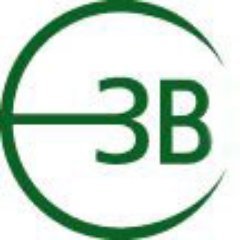
Columbia University's Ecology, Evolution and Environmental Biology Department |
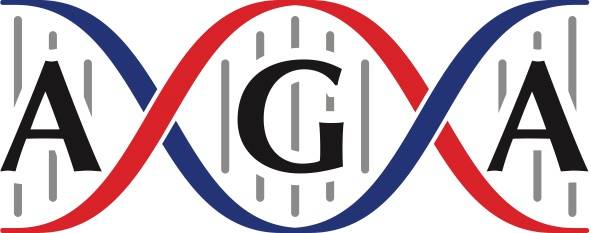
American Genetics Association through the Special Event Awards program |
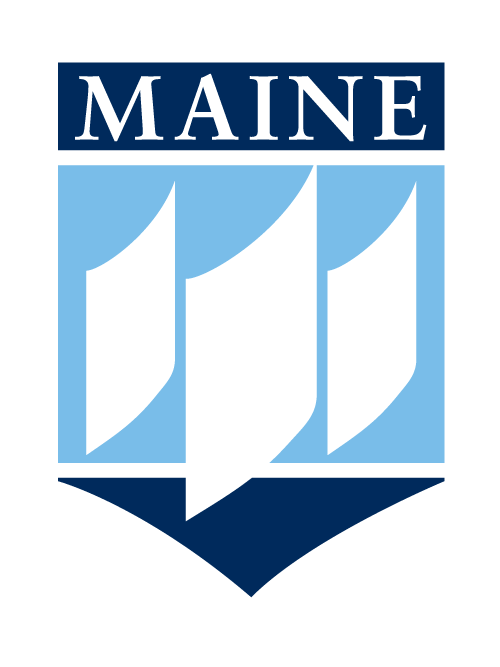
Maine Center for Genetics in the Environment & The University of Maine |
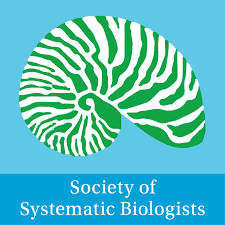
Society of Systematic Biologists |
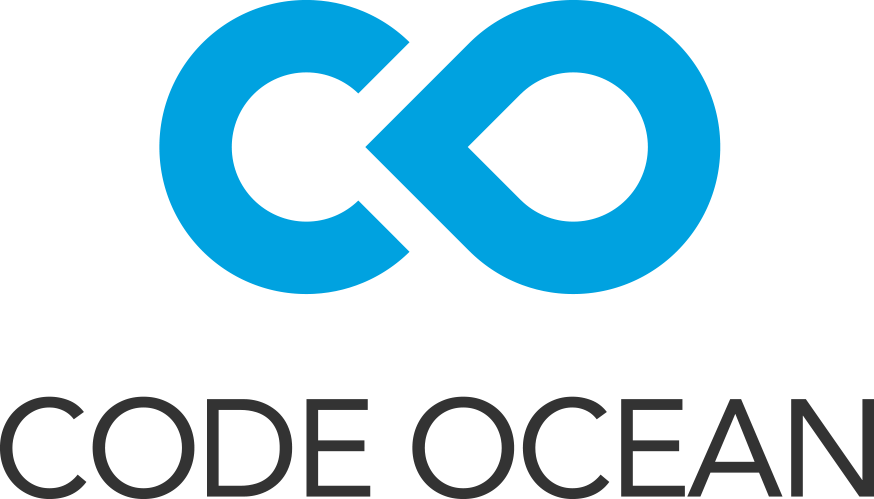
|
Code Ocean’s mission is to make computational research a connected community that together drives for faster, more collaborative, higher-quality discoveries. Code Ocean is where great computational research is created, organized, and shared in one place. It is the best way for research teams to standardize research workflow, plus track and reproduce all computations and discoveries. Research and development organizations benefit from lower IT costs, automation to operationalize reproducibility, and saving wasted researcher and collaboration time.
RADCampy NYC 2023 CO Press Release
Code Ocean Supports RADcamp Workshops at Columbia University
RADCamp NYC 2023 Part I Group Photo
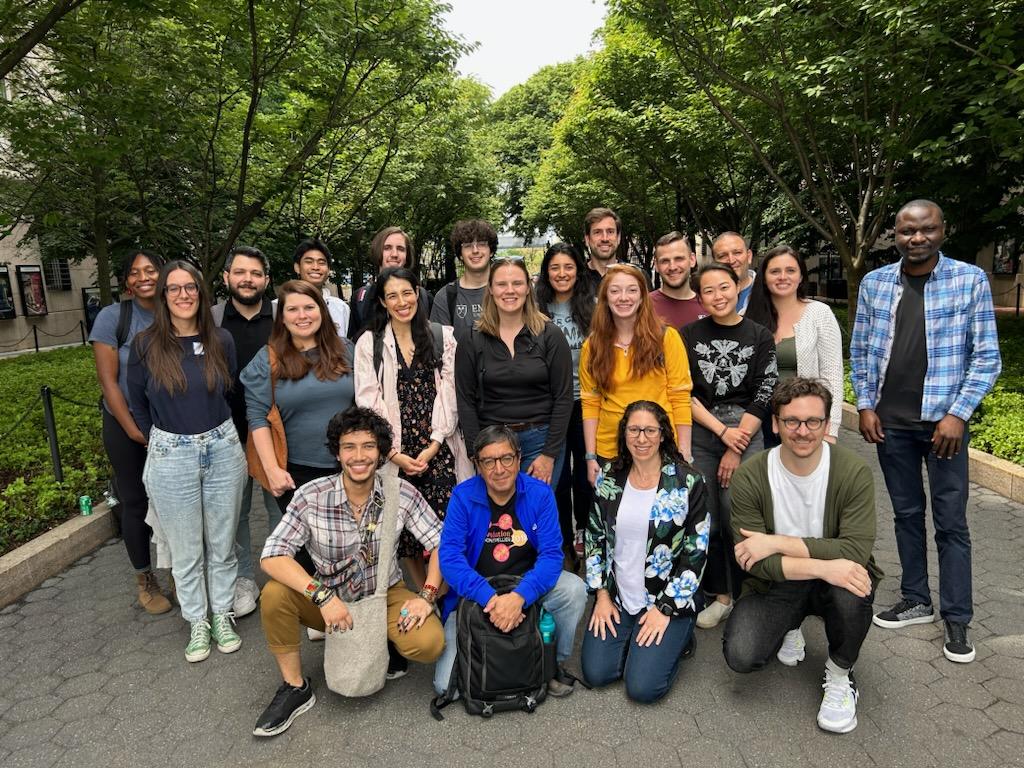
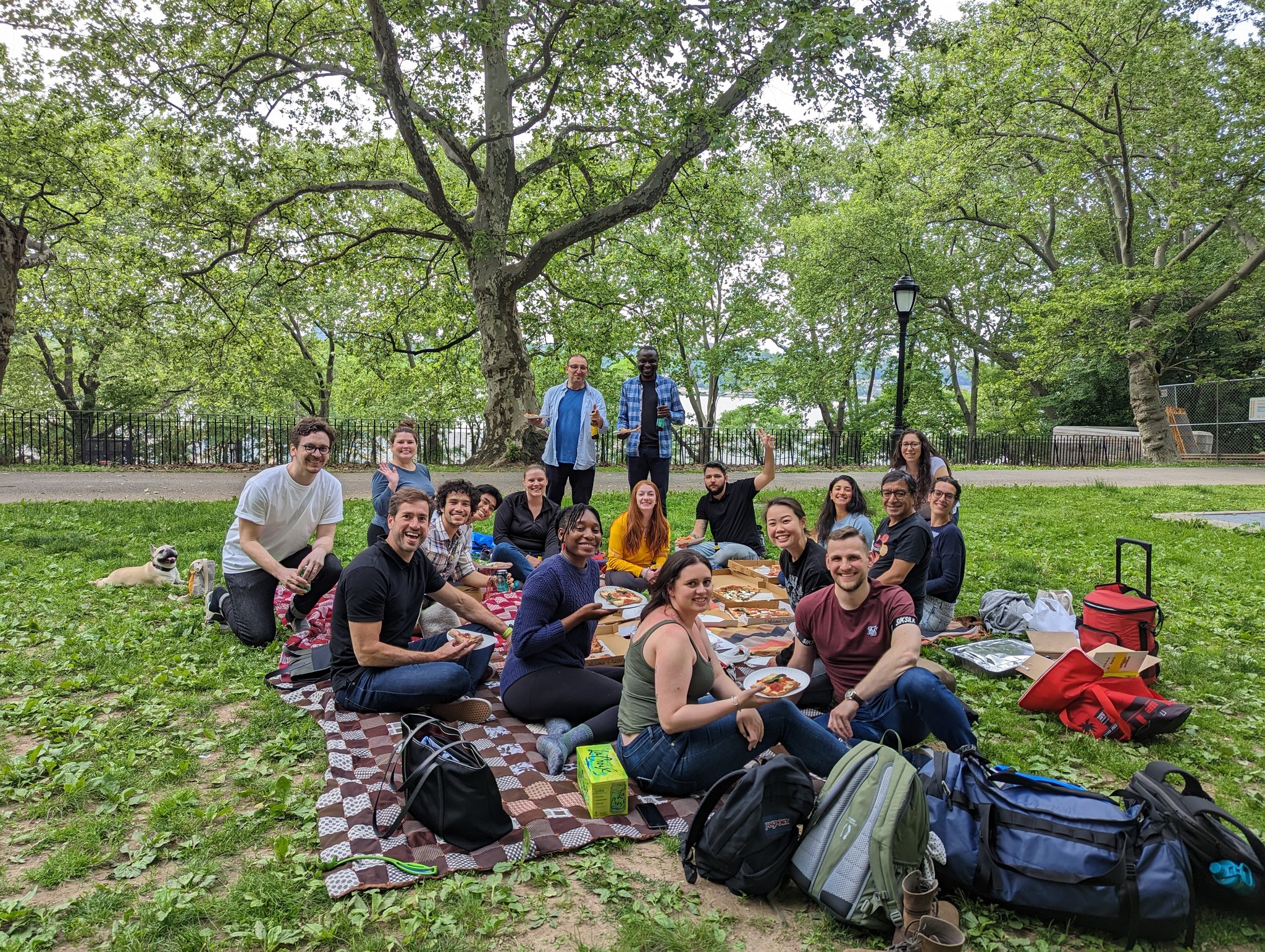
RADCamp NYC 2023 Part II Group Photo
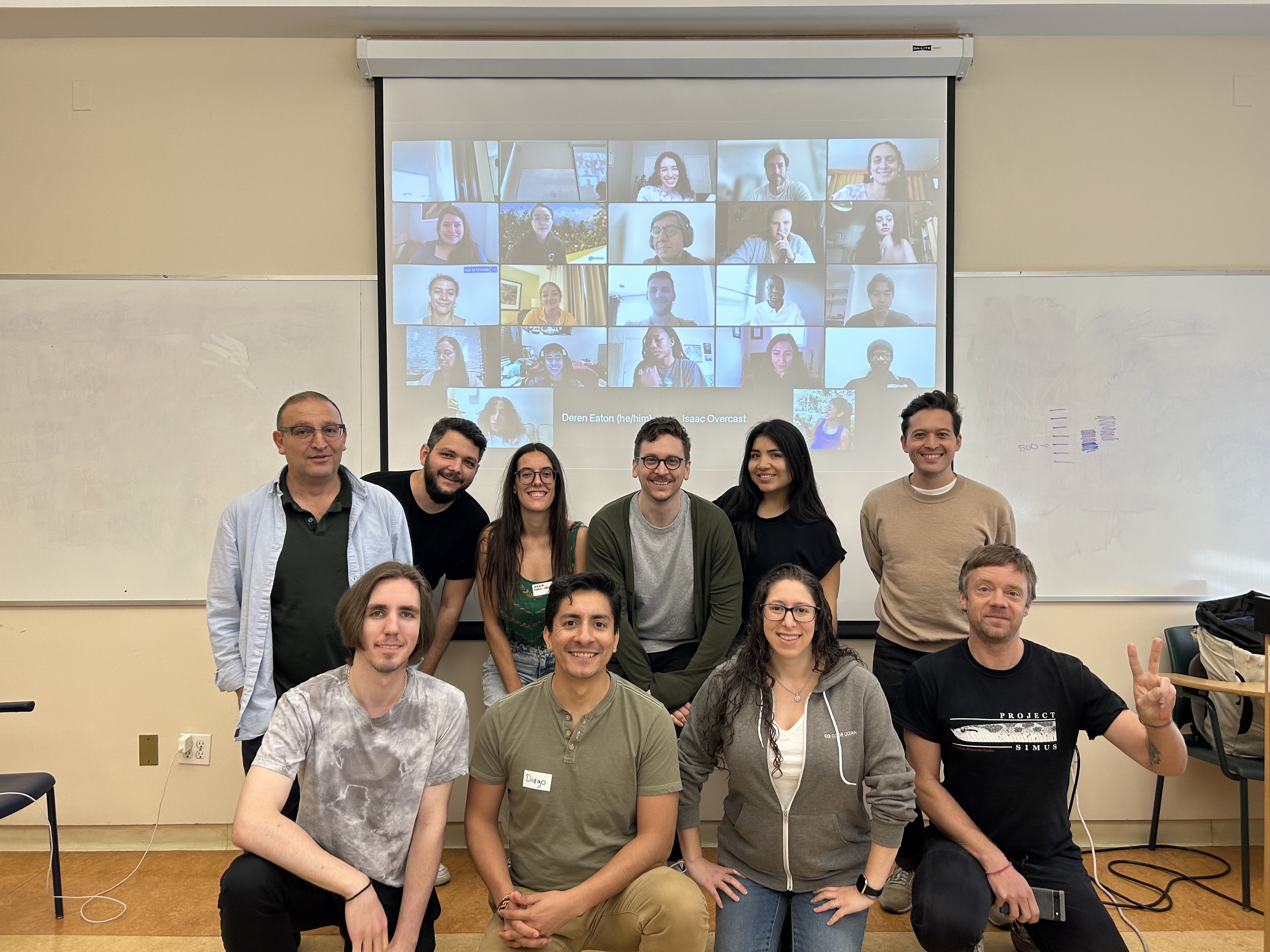
Acknowledgements
RADcamp NYC 2023 Part I materials are prepared by Sandra Hoffberg, Natalia Bayona Vasquez, and Travis Glenn. Many things we reference can be found on badDNA.uga.edu. RADCamp NYC 2023 Part II tutorial contributors (over the years): Deren Eaton, Isaac Overcast, Mariana Vasconcellos, and Laura Bertola.